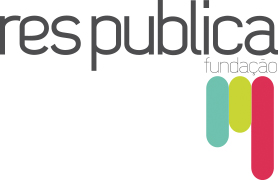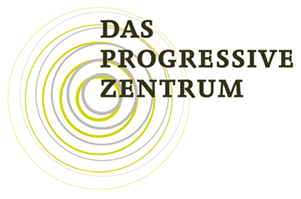
scientific council
The Scientific Council
The inaugural meeting of the FEPS Scientific Council took place on 19th May 2010 in Brussels.
The objectives of the FEPS Scientific Council are detailed in Article 17.4 of the statutes of FEPS, which state that “(t)he Scientific Council is responsible for the scientific work of the FEPS. It debates the programmes, carries out research and answers all scientific questions put by the General Assembly or the Bureau.”
This article was completed with an agreement between the member organisations of FEPS reached during the General Assembly of 18th November 2009, where they decided that “(t)he Scientific Council of FEPS will play a crucial role in preparing the way to the political reflection of the Foundation and its members in a few crucial domains: a) current and future trends and movements of the world: what is happening? b) current and future developments within the progressive movement: what is happening to us? c) the next/other progressive model for development: what is it made of? d) Europe.”
Working methods
The FEPS Scientific Council acts first and foremost as an advisory board to the Foundation, both on the intellectual/scientific and strategic levels. As such, it should be able to give direction and advice on the research work of the Foundation, therefore preparing and determining the main guidelines of the foundation’s research work.
Once gathered together and put at the service of the Foundation, the outstanding and diverse backgrounds and experiences of the members of the Council shall seek to give added value to the work of FEPS, in both academic and political terms, within a progressive perspective and from a medium and long-term time frame.
The FEPS Scientific Council shall meet formally 2-3 times a year in order to discuss the recent developments in the world and their effect on the research orientation of FEPS. The outcome of these discussions shall be summarised in a working document that will be used as a guidelines when drafting the future activities of FEPS.
In addition to these formal meetings and documents, members of the Scientific Council may gather informally as many times as deemed necessary – according, naturally, to the availability of the members - and may in particular seize the opportunity of events organised by the Foundation to organise sideline meetings.
chair
-
Enrique Barón Crespo
Chair of Scientific Council
Spain
members
load more-
Rémi BAZILLIER
Professor of Economics, Pantheon-Sorbonne University, Sorbonne School of Economics
France -
Lars ANDERSEN
Managing Director, ECLM
Denmark -
Tamas BOROS
Director, Policy Solutions
Hungary -
Philippe BUSQUIN
Former Member of the European Commission, former MEP, former President of the Parti Socialiste
Belgium -
Claudio DE VICENTI
Former Minister for Territorial Cohesion and Mezzogiorno, Professor of Economics at the University of Rome “Sapienza"
Italy -
Christian DEUBNER
Former Director of the Research Group European Affairs of Stiftung Wissenschaft und Politik (SWP)
Germany -
Anna DIAMANTOPOULOU
President of “Diktio”, former European Commissioner for Employment, Social Affairs and Equal Opportunities and former Greek Minister for Development, Competitiveness and Shipping
Greece -
Patrick DIAMOND
Associated Professor, Queen Mary University of London, and Co-Chair, Policy Network
United Kingdom -
André GERRITS
Professor of International Studies and Global Politics at Leiden University
Netherlands



























































